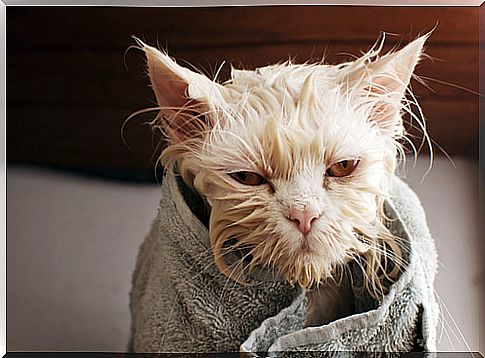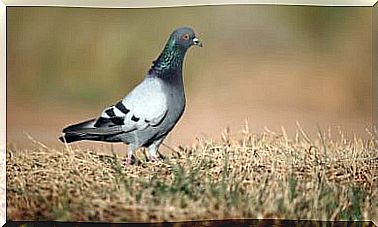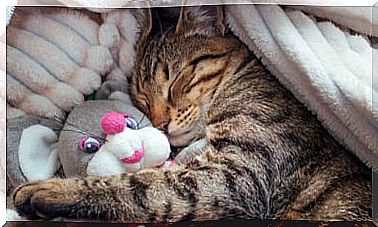Do You Take Good Care Of Your Pet?

Many animal keepers find that they do a good job taking care of their dear friend. However, a question worth asking yourself is, do you take good care of your pet?
Unfortunately, many times between believing that we do things well and doing them well, there really is a universe of distance, and ignorance is one of the phenomena that most affect this situation, so stay tuned because we will give you some valuable recommendations on caring for your pet.
Do you take good care of your pet? Where do you sleep

It is very common to find owners who build a shelter for their dog and leave them sleeping in the patios or front gardens. Unfortunately, this practice is highly discouraged for the pet, the best place for the dog to spend the night is inside your house.
In this way it is better protected from the cold, you avoid it being stolen, escaping or someone hurting it. This is an oversight that causes many canine losses, as most end up getting sick due to the low temperatures in the early morning.
There are also cases of pets poisoned by unscrupulous people, who are bothered by noise or simply stolen to sell or to make crosses.
So avoid exposing your dog to these risks and offer him a space inside your house, or at least do not leave him in a place where others can access him and make sure that he is very well protected from the cold.
Something similar happens with cats, they are much more independent and tend to explore the surroundings, although due to responsibility you should not allow it. The life span of a domestic cat that frequently visits the street is much shorter than that of one that stays at home, this is because they contract parasites from other animals and run the risk of accidents, thus leaving them unprotected.
Likewise, when they are at home, do not leave them sleeping on the floor, or on a blanket. Provide them with a bed or mattress that will keep them off the ground, especially if it is made of a material that cools more than necessary.
Veterinary care
It goes without saying that visits to the vet should be regular, not only to attend to them when they are sick, but to carry out controls and monitor their development. This becomes vitally important when we have unconventional pets, such as turtles or exotic birds.
Ignorance about their pathologies and proper care are usually one of the main causes of death in this class of pets. Remember that it is better to make preventive consultations instead of treating illnesses, which you could easily have avoided.
Hygiene

Taking care of the hygiene of a pet goes far beyond whether it smells good or not. Proper cleaning is an excellent way to avoid coat problems, suffer from fungi, control parasites, prevent fluid accumulation in the glands, dermatitis, eye diseases, gums and teeth and otitis, among many others.
Think of the hygiene of your pet as a preventive measure and do not forget to keep the spaces in which they live, such as beds, fish tanks or nests, clean, as well as the objects with which they have contact.
Affective needs
The affective needs of pets vary greatly depending on the type of species. For example, there are some that require little contact, while there are others that will require much more time, company and care. Try to find a pet that is appropriate according to the quality and amount of time that you can offer it, so you will avoid the development of inappropriate behaviors, the product of carelessness.
Extremes are bad, try to let your pet develop freely, take care of it without excesses and feed it in an appropriate way. Learn to differentiate between loving your pet and restraining it to develop skills on its own or socialize with other pets and people.
Overprotection and overfeeding are camouflaged forms of mistreatment, because in this way you manage to put the life and integrity of the animal at risk (for example, through the development of cardiovascular diseases or osteoarthritis), as well as produce behavioral problems, such as nervousness, stress, lack of confidence and loss of identity.









